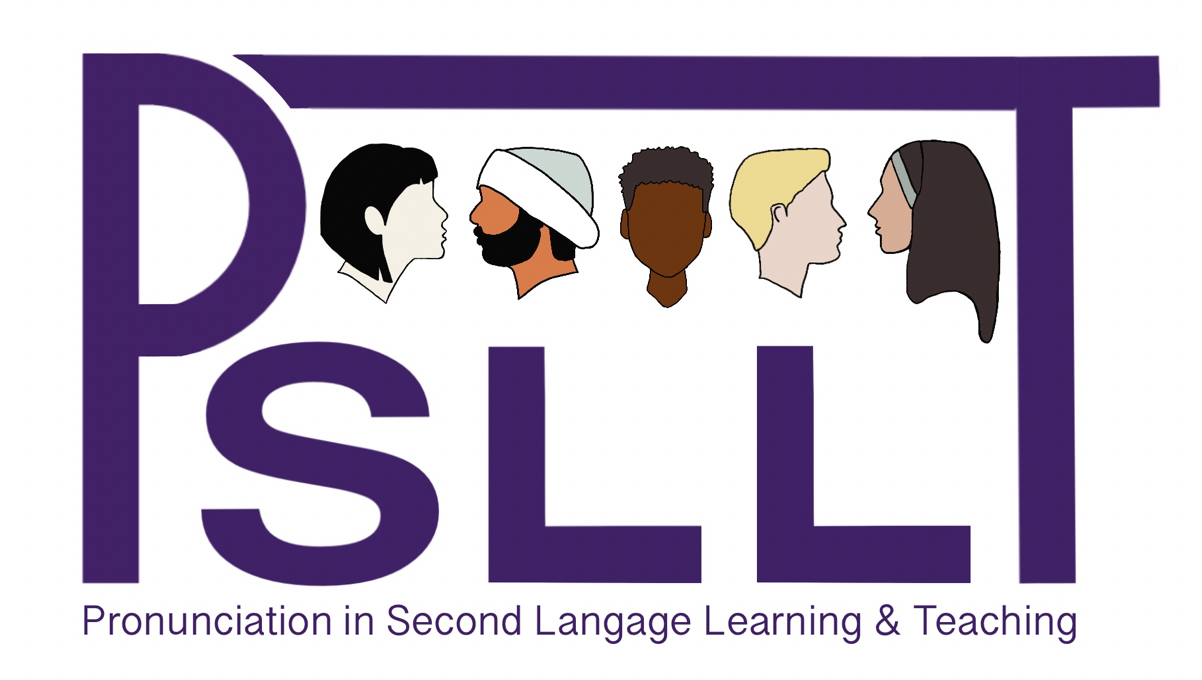Final Stops or Not? The Importance of Final Consonants for an Intelligible Accent.
- Elisabeth Zetterholm (Linnaeus University)
Abstract
To have a chance for integration in a new society as an immigrant you have to learn the language; it’s a key to assimilation. A group of Karen speakers have lived in Sweden for some years but, unfortunately, it appears that they have great difficulties learning the pronunciation of Swedish in an intelligible way. There are phonetic and phonological differences between the Sgaw Karen language and Swedish. Sgaw Karen is described as having a three-way contrast for plosives in word-initial and word-final positions. There is also a monosyllabic structure and final stops or nasals are not pronounced. This causes problems when learning Swedish with a two-way contrast for initial plosives and heavy consonant clusters. A training program was constructed with sentences and minimal pairs of words ending with final consonants. Four learners imitated recordings of Swedish native speakers and recorded themselves in order to be aware of their own pronunciation. After six weeks of training they still had some problems with the final stops, but there was also some progression in their pronunciation, or at least an awareness of the problem.
How to Cite:
Zetterholm, E., (2013) “Final Stops or Not? The Importance of Final Consonants for an Intelligible Accent.”, Pronunciation in Second Language Learning and Teaching Proceedings 5(1).
Downloads:
Download PDF
View PDF
